Are you an adult looking to take up a course in the UK? The AEB is a vital funding initiative provided by the UK government to support individuals aged 19 and above in gaining new skills, advancing their education, and improving employability prospects.
With this government-funded programme at your disposal, you have the power to join a rich tapestry of courses tailored to the diverse needs of adult learners.
What is the Adult Education Budget (AEB)?
The Adult Education Budget (AEB) is a key financial resource in the UK’s educational landscape, facilitating access to a wide array of adult learning opportunities. Administered by the Education and Skills Funding Agency (ESFA) – a government agency that is responsible for allocating resources to support various educational initiatives, the AEB was introduced in 2017 as part of the government’s commitment to lifelong learning and workforce development.
It aims to help individuals aged 19 and above acquire new skills and enhance their employability prospects. Through this funding initiative, eligible learners can access a diverse range of learning programmes, including vocational qualifications, apprenticeships, and essential skills training for adult learning.
But who exactly can tap into the benefits of the AEB?
Criteria for the AEB Funding
Eligibility for AEB funding in the UK typically extends to adults aged 19 and over who reside in England and do not hold a qualification equivalent to GCSE grade 4 (C) or higher in English and/or Maths. Additionally, individuals who are unemployed, seeking employment, or earning below the national living wage may also qualify. Other criteria may be:
- The individual has lived in the UK or EU for the last 3 years (at least)
- The individual has not completed any part of the course before
- The individual is not currently enrolled on any other government-funded course or has started another application for one
Who does not qualify for AEB funding?
Identified instances where individuals don’t meet the eligibility requirements include the following:
- Those living in the country without legal authorisation
- Foreign students with a valid student visa in the UK
- People visiting the UK for vacation purposes
- Family members who are accompanying individuals with student visas
- Individuals whose residency permits impose study restrictions
Some of the types of courses covered by AEB include essential skills training in:
- English and Maths
- Digital skills
- Vocational qualifications
- Apprenticeships
- Creative industries
- Engineering and sustainable technology
How to Join a Course Under the AEB Funding
1. Research Approved Providers
Identify the training providers or educational institutions approved to offer courses funded by the AEB. These providers must meet certain quality standards and offer courses aligned with the priorities outlined by the government. Some of these providers include City and Guild as well as Cornwall College.
2. Select a Suitable Course
Once you’ve identified approved providers, explore the courses they offer under the AEB funding scheme. Think about your career aspirations, the skills you lack, and personal interests when selecting a course.
[Tip: Pay attention to the course duration and delivery format to ensure it aligns with your schedule and learning preferences.]
3. Contact the Provider
Reach out to your chosen training provider to express your interest in enrolling in an AEB-funded course. The provider can guide you through the application process and provide information on course availability, entry requirements, and any additional documentation if needed.
4. Complete the Application Form
Ensure you provide accurate and up-to-date information, including personal details, educational background, and employment status. You might be asked to submit supporting documents such as proof of identity, residency, and prior qualifications along with the application form.
5. Attend an Assessment or Interview
Depending on your chosen course, you may also be required to undergo an assessment or attend an interview as part of the application process. This step allows the training provider to assess your suitability for the course and ensure it meets your learning needs.
6. Receive Confirmation and Enroll
Once your application has been reviewed and approved, you’ll receive confirmation from the training provider. This may include details such as course start dates, tuition fees (if applicable), and any additional requirements.
What’s next for The AEB funding?
What lies ahead? The Department for Further Education (DFE) plans to introduce a new national framework for devolved authorities, like the mayoral combined authorities, from 2024/25. An article from FE Week has reported that there are six main changes made to the AEB funding rules throughout the academic year 2023 and 2024:
- Adult education providers will now operate under a maximum spending threshold for tailored learning provision alongside their 2024/25 adult skills fund allocations.
- Plans for a fixed sum allocation for additional needs funding have been scrapped, alongside the delay in implementing the adult skills fund and a shift in tailored learning outcomes.
- Adult education courses will undergo funding via a system of funding bands, with priority courses receiving uplifts starting from 2024/25.
- Come 2024/25, the AEB and free courses for jobs (FCFJ) funding streams will merge to form the adult skills fund, streamlining funding mechanisms for devolved authorities and providers.
- The DFE is forging ahead with plans to set provider and devolved authority allocations and funding rates for an entire spending review period, empowering providers with long-term planning capabilities.
- Establishment of a national model for devolved authorities.
Read more about the Adult Education Budget here.
To end, the Adult Education Budget (AEB) is about unlocking a world of opportunities for your personal and professional growth. By providing access to education and training, the AEB empowers individuals to enhance employability prospects and promote accessible reskilling and upskilling. As the Department for Further Education (DFE) looks towards the future with plans for a new national framework, there’s optimism for continued simplification and restoration of funding, paving the way for even more individuals to benefit from this invaluable resource.
Some articles :







